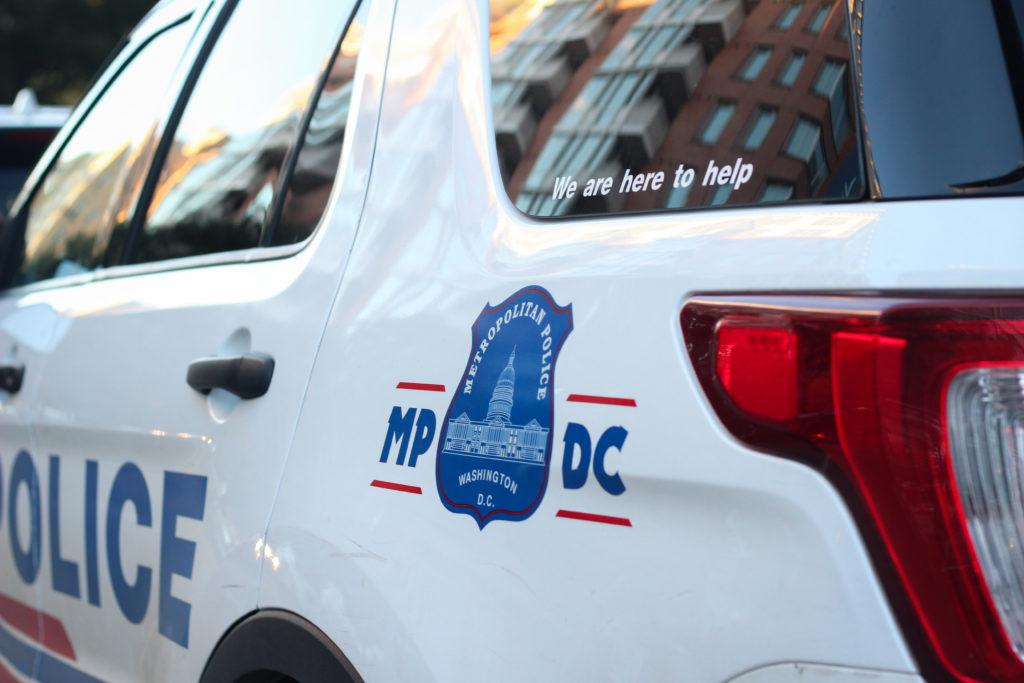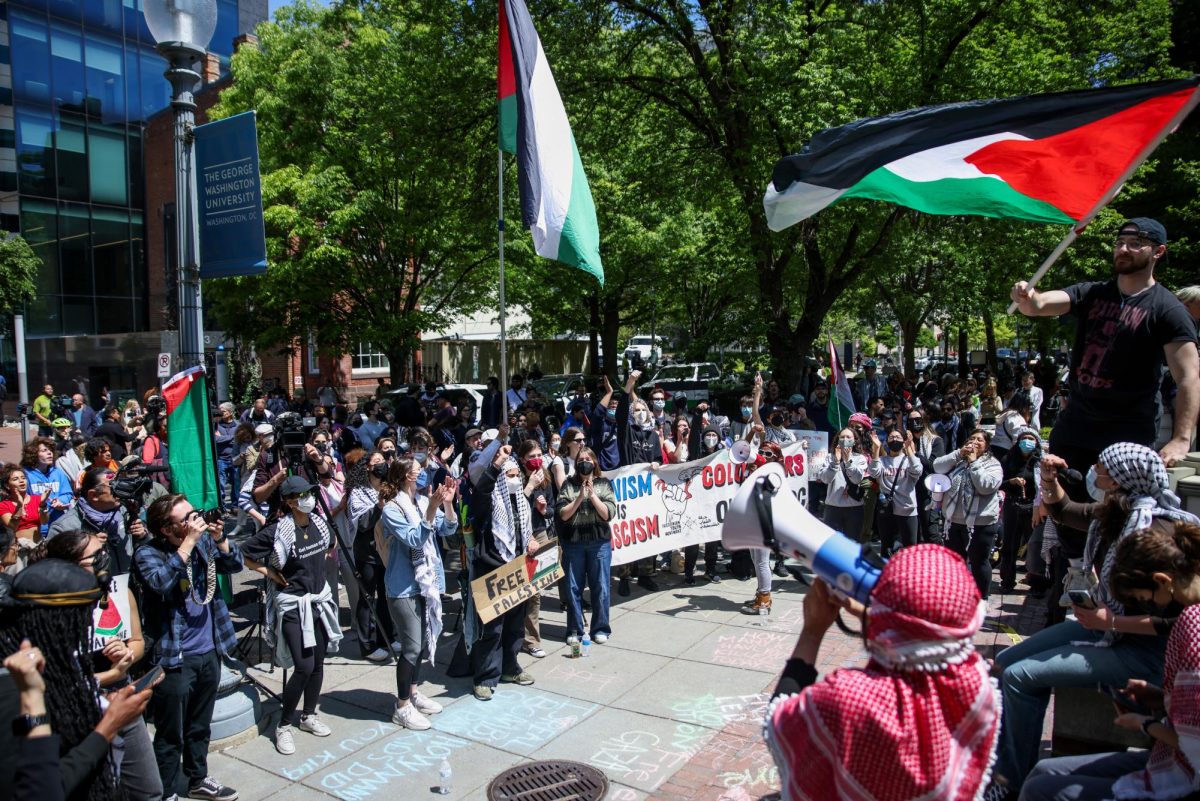Local leaders are pressing for dozens of recommendations to reform law enforcement in the District.
The D.C. Police Reform Commission, a 20-member group of local legal experts and reform activists, published a 259-page report earlier this month outlining more than 90 recommendations to reform policing in the District, including slashing the size of the Metropolitan Police Department by as much as 3,000 officers. The report also calls for MPD to require police to use technology that turns on body cameras whenever an officer pulls their gun and abolish qualified immunity, which protects police from civil lawsuits.
“We propose and provide a road map for a significant shift in the District’s approach to public safety,” the report states. “That shift is grounded in specific, actionable recommendations that, while not exhaustive, would lead to far greater investment in services and supports to address the root causes of crime and disorder, both individual and systemic, and to a smaller, more appropriate and constructive role for police.”
Robert Bobb, the co-chair of the commission and a former D.C. city administrator, said offering residents alternatives to calling the police, like mental health experts, can provide a more appropriate response to situations, like drug overdoses, threats of suicide and other behavioral health crises.
“There are many times the police are called to an incident where there is not a need for law enforcement or the law enforcement need is very minimal, and that issue should be handled by some other agency of the District government,” Bobb said.
The D.C. Council established the commission to create this report last September following the protests against police brutality last summer. Bobb said the Council and MPD have the capacity to implement many of the recommendations, but officials have yet to act.
The report’s release comes nearly a year after nationwide protests in light of the police killing of George Floyd and during the trial of Derek Chauvin, the former Minneapolis police officer charged with Floyd’s murder.
Bobb said implementing the reforms would likely be a yearslong process, saying that many of the commission’s recommendations, like improving mental health care in the District, are long-term projects unlikely to happen overnight.
“Some of our recommendations cannot be implemented immediately,” Bobb said. “It’s going to take some time, over a period of a couple of years to be implemented.”
Chris Geldart, the acting deputy mayor for public safety and justice who commented on behalf of MPD, said D.C. and MPD officials plan to review the recommendations over the next several months.
“We appreciate the time and effort that the D.C. Police Reform Commission members invested in this report,” Geldart said in an email. “As we review its recommendations, it is critical to ensure community input into fundamental policy changes.”
Geldart declined to say whether MPD would enact any of the reforms recommended in the report.
Christy Lopez, the co-chair of the commission, said the report aims to reduce police’s footprint in D.C. with other officials responding to minor law violations. One recommendation would give the District Department of Transportation the authority to issue citations for minor traffic violations, which she said is justifiable following the police-involved killing of Daunte Wright during a traffic stop earlier this month and other similar incidents of police brutality.
Lopez said she first received pushback from locals who didn’t understand the need for traffic stop policy reform. But she said recent headlines rationalize the move, including body camera footage showing police use of physical force, guns and pepper spray to pull over a Black Army lieutenant in Virginia during a traffic stop.
“People didn’t understand why we were asking for those things,” Lopez said. “I wonder whether after Daunte Wright’s killing, and after the experience of Lieutenant Nazario, whether it makes it easier for them to make that connection and understand.”
She said the commission developed its recommendations over the course of six months after listening to direct suggestions from community members at regular hearings and using their own expertise in law and policing. Lopez said the commission focused on making recommendations to improve D.C.’s mental health and housing policies, like building more homeless shelters to prevent crime or other emergencies.
“When we’re talking about public safety, we need to look upstream from where policing happens and really try to keep people safe and healthy before any sort of crisis occurs,” Lopez said.
Patrice Sulton, a professorial lecturer of law at GW Law who serves on the commission, said she hopes attention surrounding Chauvin’s trial and protests against Wright’s killing will prompt social action that may pressure D.C. officials to implement some of the reforms.
“If there are people who are motivated to resume the advocacy that we saw last summer, that’s the only way to really put pressure on government actors in D.C. to do something,” she said.
The Council voted to create the commission as part of an unanimously passed emergency police reform legislation last year, which prohibited the hiring of officers with a history of misconduct and banned the use of chokeholds weeks after Floyd’s killing.
Ward 2 Council member Brooke Pinto, who represents Foggy Bottom, was unavailable for comment.
The D.C. Police Union, which represents about 3,600 MPD officers, attacked the recommendations shortly after the report’s release earlier this month, calling the report “regressive and dangerous.”
“Hopefully, citizens and councilmembers alike will do what’s right and ignore the detrimental recommendations in the report,” a press release states.







